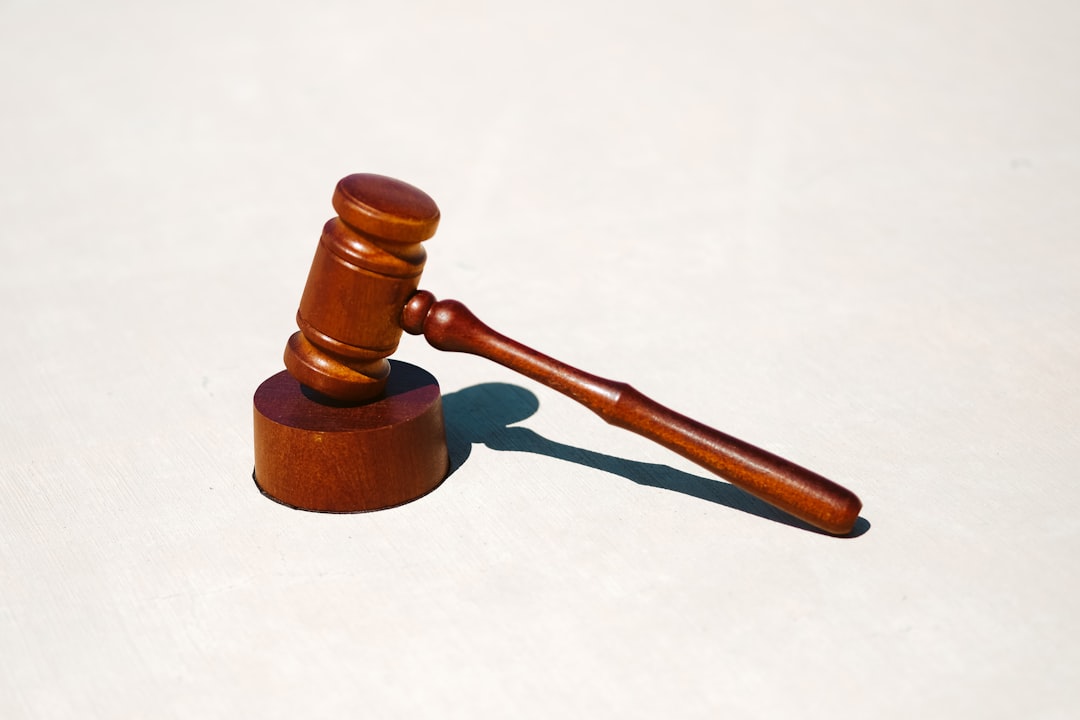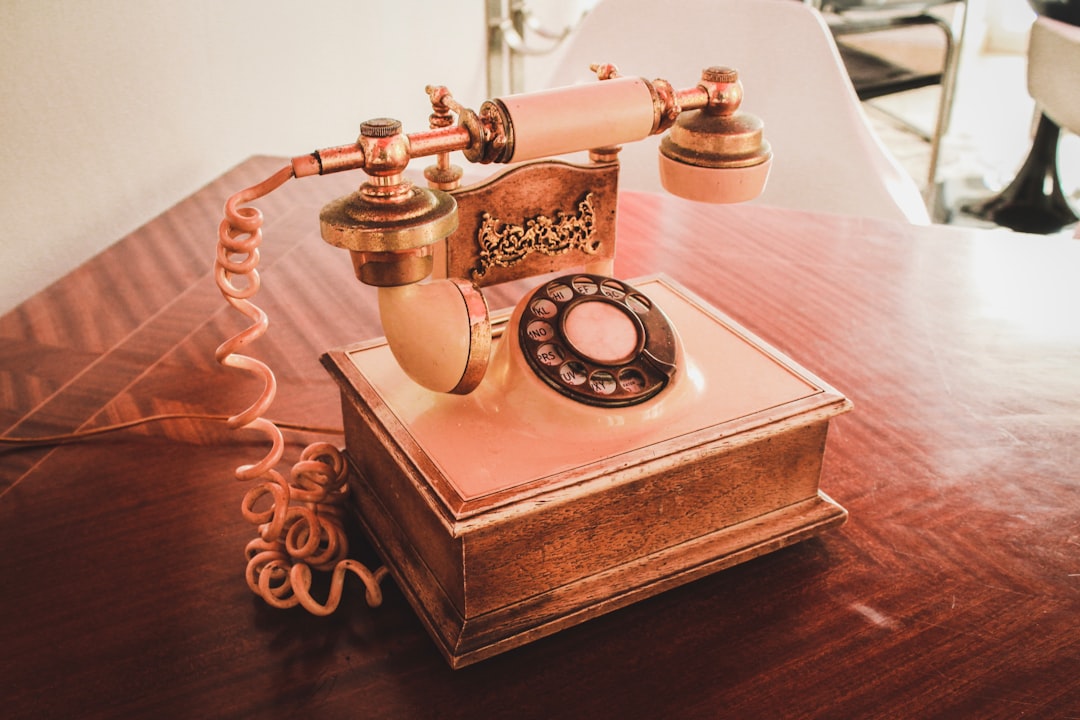New Hampshire's Spam Call law protects residents from unwanted texts, allowing emergency calls and prohibiting business promotional content. Spam Call law firms in NH ensure consent for marketing texts, educate citizens on rights, and maintain a healthier balance between businesses and consumers in digital communication.
In New Hampshire, a new law has been implemented to regulate texting while driving, offering a unique twist by permitting emergency calls. This legislation aims to balance road safety with the need for urgent communication. Understanding this law is crucial, especially for residents facing potential spam calls. This article delves into the intricacies of New Hampshire’s texting law, highlighting exceptions, guidelines, and the role of consumer protection through spam call law firms.
Understanding New Hampshire's Texting Law

New Hampshire’s texting law, also known as the Anti-Spam Call law, is designed to protect residents from unwanted text messages. This legislation allows certain types of emergency calls and texts, ensuring that individuals can receive crucial information during critical situations. The law prohibits businesses and organizations from sending unsolicited promotional or advertising texts, often referred to as spam, to New Hampshire residents.
By adhering to these guidelines, a Spam Call law firm in New Hampshire can ensure their communications remain compliant. This means that while they can send important updates, alerts, or reminders, any marketing-related content must be authorized by the recipient first. Understanding and respecting this law is essential for businesses to maintain positive relationships with their customers and avoid potential legal issues.
Emergency Calls: Exceptions & Guidelines

In New Hampshire, the Spam Call law firm regulations explicitly permit emergency calls, ensuring citizens can reach out for help during critical situations. This exception is a cornerstone of the legislation, recognizing that certain urgent communications require immediate attention and cannot be hindered by anti-spam measures. When placing an emergency call, individuals should follow guidelines to ensure it complies with the law: make sure the message is genuinely emergency-related, use personal contact information if possible, and avoid abusive or harassing language.
The key distinction lies in the purpose of the call. Emergency situations may include accidents, medical crises, fires, or other immediate threats where swift action is necessary. While these calls are exempt from the Spam Call law firm restrictions, it’s crucial to use this exception responsibly. Misusing emergency call privileges for non-critical matters could undermine the effectiveness of the legislation and potentially cause harm to those in genuine need.
Protecting Consumers: Spam Call Law Firm Insights

In New Hampshire, a significant development in consumer protection has taken place with the introduction of a texting law that allows emergency calls. This legislation aims to safeguard residents from unwanted and spammy text messages, especially those related to marketing purposes. By implementing this measure, the state is taking a proactive step to ensure that citizens’ peace of mind is not disturbed by relentless spam calls.
Spam Call law firms in New Hampshire play a crucial role in educating consumers about their rights under this new law. These legal experts can provide insights into how residents can avoid unwanted texts and take necessary actions if they become victims of spammy communication. With the rise of digital marketing, it’s essential for consumers to be aware of their protections, ensuring a more harmonious relationship between businesses and the public in terms of text messaging practices.






